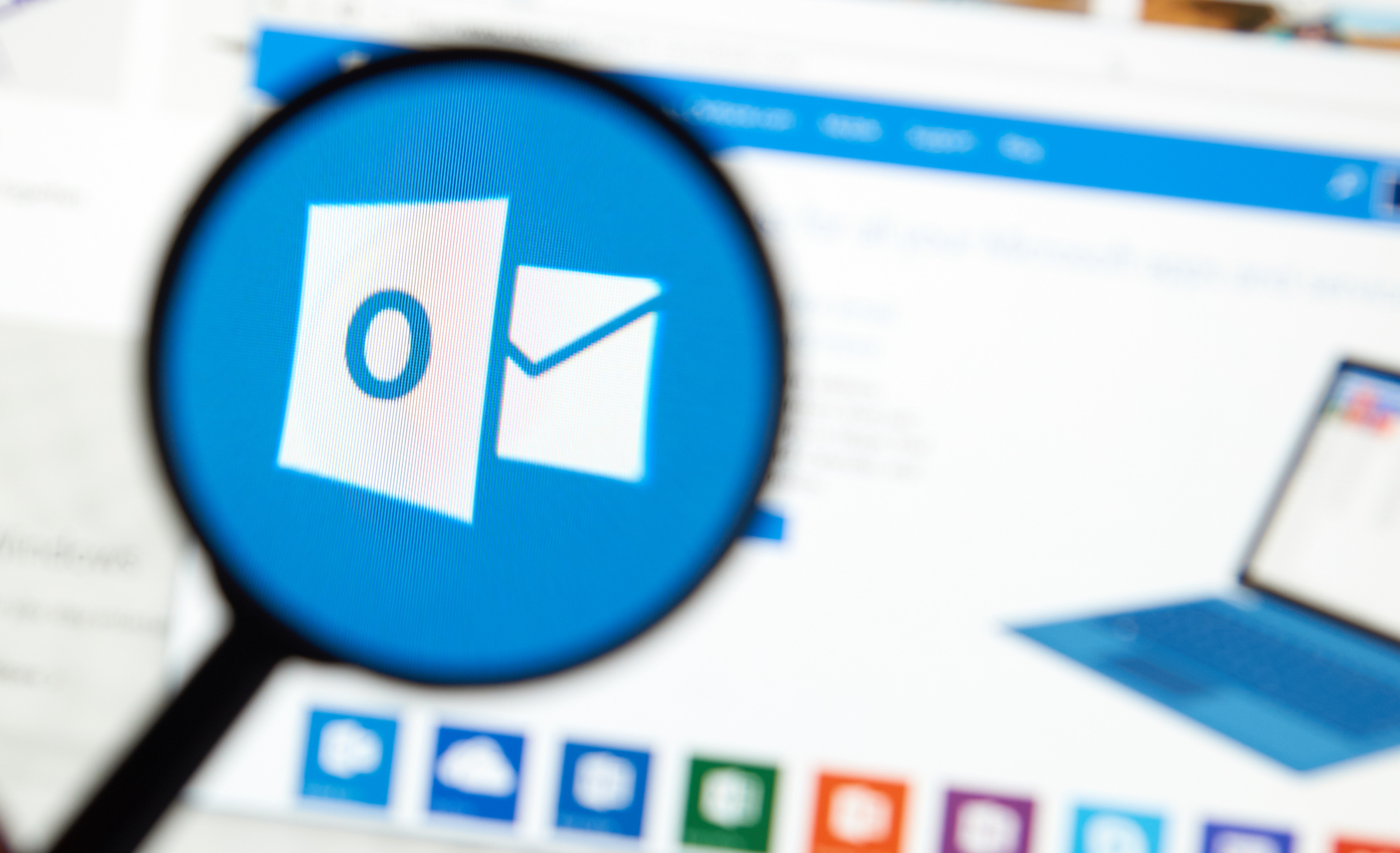The Supreme Court Will Decide If the US Can Access Anyone’s Data on Earth

Credit to Author: Louise Matsakis| Date: Mon, 16 Oct 2017 15:03:53 +0000
The Supreme Court announced Monday that it would hear a major digital privacy case that will determine whether law enforcement officials can demand user data stored by technology companies in other countries.
In 2013, federal investigators obtained a warrant for emails and identifying information tied to a Microsoft Outlook account they believed was being used to organize drug trafficking. The problem was that the emails were stored overseas in Ireland, where the anonymous user of the account registered as a resident.
Microsoft turned over information stored in the US, but refused to retrieve data stored on the Irish servers. The case was then escalated to the 2nd Circuit Court of Appeals in New York, which sided with Microsoft, ruling that the emails were outside the reach of a search warrant because they were being held overseas.
Now, US v Microsoft is going to the Supreme Court.
If the court sides with the Department of Justice lawyers in this new case, the government will have unfettered access to the data tech companies store all over the world, provided it has a warrant. During the appeals court case, Microsoft’s lawyers argued that the US is essentially trying to say that its laws extend across borders.
“If that is the rule, that is a rule for global chaos,” said Joshua Rosenkranz, a partner with the law firm Orrick, Herrington & Sutcliffe, who was representing Microsoft. “Because other countries can do that to us … we would go crazy if China did that to us.”
The Trump administration argues the federal appeals ruling has become a burdensome obstacle in criminal investigations. The Justice Department says tech companies like Google and Yahoo have refused to comply with search warrants that concern data stored outside the country.
“Under this opinion, hundreds if not thousands of investigations of crimes—ranging from terrorism, to child pornography, to fraud—are being or will be hampered by the government’s inability to obtain electronic evidence,” DOJ official Jeffrey Wall argued in court documents.
The appeals court sided with Microsoft citing the 1986 Stored Communications Act, which protects the privacy of electronic communications. It provides room for legal probes, but it doesn’t extend to data that’s held overseas, the court ruled.
Microsoft doesn’t want the Supreme Court to hear the case. Instead, it argues, Congress should just update the Stored Communications act, which is now over 30 years old, to reflect our digital world.
“If the US government wins this case, we expect that other countries will argue that their legal process reaches content that providers store in the US, including countries that have lousy surveillance laws, or that don’t follow the laws they do have,” Greg Nojeim, a lawyer at the digital rights advocacy group Center for Democracy and Technology, said in a statement made during the appeals court deliberation. “Welcome to Wild West.”
This isn’t the only case concerning technology and privacy that the justices will soon rule on. The court is already scheduled to hear a case concerning whether police can gain access without a warrant to cellphone location data stored by wireless carriers.
https://motherboard.vice.com/en_us/rss